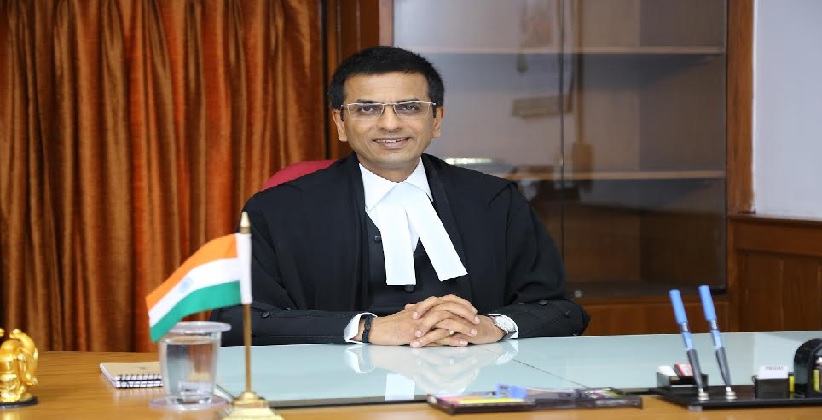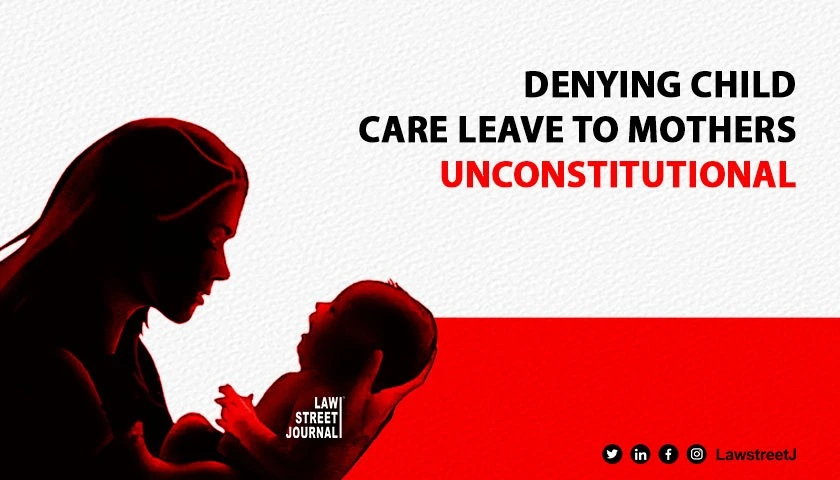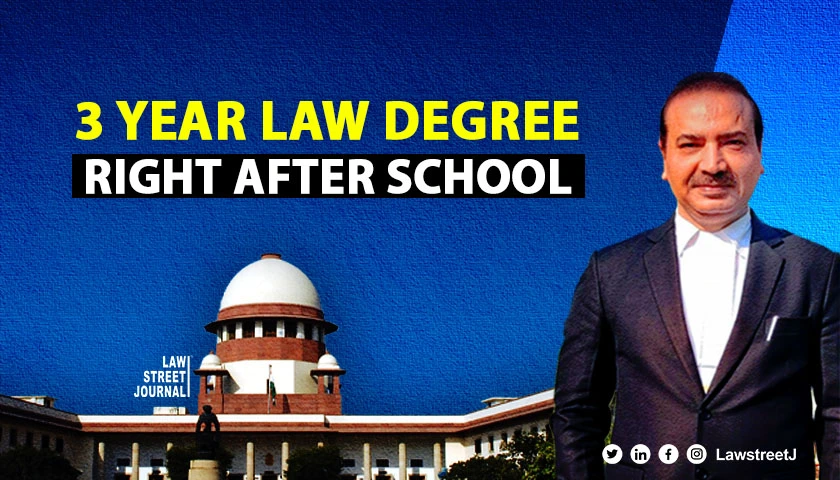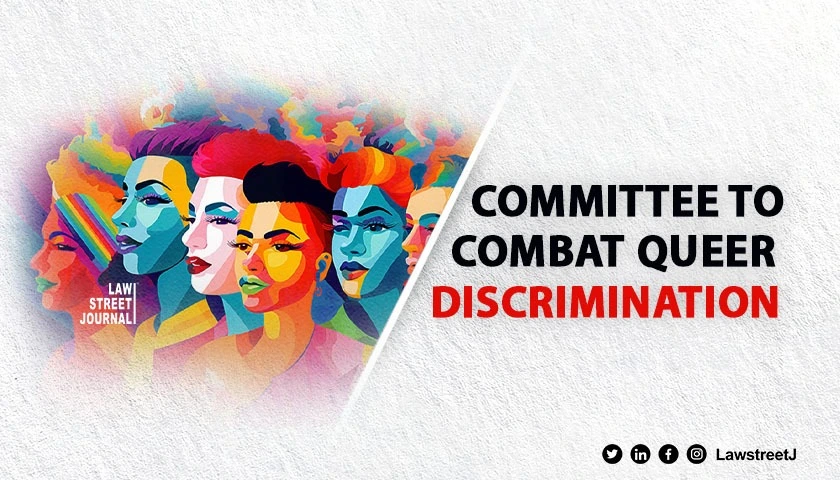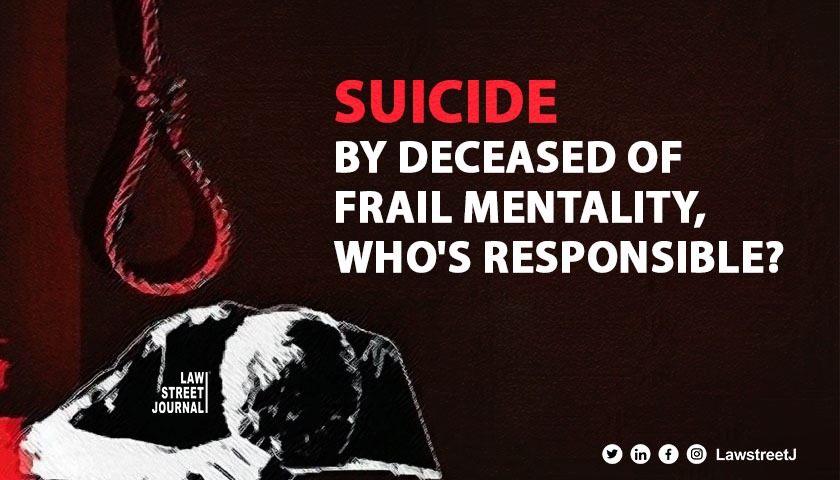Justice D.Y. Chandrachud, Supreme Court Judge and Chairperson of the top Court's E-Committee, inaugurated the District Level Awareness Programme in Regional Languages on E-court services and E-filings along with manuals and tutorials for advocates to profit from the services made available to them, on Saturday (25th July).
Justice Chandrachud while addressing an event conducted online talked about the vision of the E-Committee which is to make sure that the technology reaches each and every corner of the country and the lawyers even in the remotest districts benefit from it.
This training program for lawyers is part of a 2-pronged approach adopted by the E-Committee. The Committee is mainly focused on creating facilities through which e-governance facilities can be made accessible for the litigants and advocates. The Committee is also focused on training of the members of the Bar to help them take advantage of the facilities available.
According to Justice Chandrachud, the facilities provided will be beneficial to the members of the Bar only if they are duly trained to use these facilities.
He also highlighted some initiatives taken by the Committee in Information and Communications Technology (ICT) in the realm of the Judiciary. He stressed on the need for these developments to reach each advocate, in each district.
The 2 pronged programs are based on the knowledge that there's a technological divide in India. Those working in metropolitan cities generally have access to the best technology. But it is the district level advocates who provide credibility and spine to the judicial administration. The citizens' first interface with injustice or first attempt to remedy injustice is when they contact a district-level lawyer. Unless every member of the Bar is carried along together on this mission there can be no success.
The project tries to spread knowledge of ICT initiatives to members of the Bar. Complete computer literacy for members of the Indian Bar is the target.
Emphasis was put on the fact that the project can succeed only if members of the Bar not only embrace it but take pride in it. A training program has been launched where some master trainers will be trained intensively by the Committee, who, in turn, would train a wider pool of trainers, to further impart training to lawyers in small districts.
The idea basically is to start a program of creating trainers amongst advocates themselves.
The Judge propounded that it was the Court that was responsible for creating facilities for members of the Bar. For the lawyers who come from very rural upbringings and instead of engaging in manual labor or agriculture have migrated to the legal profession, Justice Chandrachud said that it was important to ensure that they do not remain stagnated. He reiterated that the 2 pronged approach was an attempt in the direction of providing facilities to young lawyers to grow.
He added that it is a great achievement for those persons to pass the law school and come to the court. And those lawyers should not just remain where they are.
He proceeded to say that it cannot be expected from a young lawyer to have a laptop. It is difficult for a young lawyer to buy a laptop for Rs 40,000. In this case, they must be provided an E-governance center, where these services can be availed. If any of them hasn't gone to the best educational institutions, the Court can be the center point for providing education, to help them learn easily.
This awareness program is the first step in achieving the above-mentioned goal of the E-Committee. The next step would be to collect and prepare a list of all advocates across India, to inform them about the services available, the third phase would be the training of these shortlisted advocates by the E-Committee, to help them become master trainers among the advocates.
The Judge informed that this 3-phased program has been planned to be completed in the next few months with the help of all Bar Councils and District Bar Associations.
He also spoke on the issue of resumption of open Court hearings. He explained that the Committee of 7 Supreme Court Judges were looking into the issue keeping all aspects in mind. He stated that the Committee has taken opinions of eminent public health experts, and taking necessary steps consistent with the advice so received.
In reference to the High Power meeting that took place on Friday (24th July), the Judge said that the Committee has indicated that the resumption of open Court hearings would be possible only when the coronavirus curve flattens.
The hearings are being done through video conferencing during the pandemic because otherwise, justice would suffer. There was no other option as the country was in lockdown to prevent the spread of infection.
He further explained that while access to justice was extremely important, it was equally important to be protected from the spread of the pandemic.
He said that the Court is very different from any other office, either of corporate India or of the Government. Courts are places where 1000s and 1000s of people gather every day. There are different stakeholders, including members of the Bar, litigants, staff, and lawyers who have to be present. It is to be made sure that while justice is accessible to all they are protected from the spread of this pandemic.
“What affects one part of our profession affects the other equally. We can't exist without the other. You cannot imagine a judicial institution without the Bar any more than you can imagine the judicial institution without the judges. And we cannot imagine this institution without the Court staff,” said Justice Chandrachud.
Justice Chandrachud, Chairperson of the Court E-Committee noted the problems that the advocates are facing regarding e-filings. He called for cooperation from advocates in joining hands to understand and resolve the issues together.
All members should make sure that the facilities available are used and the problems are communicated to the Committee, urged Chandrachud J. He assured that whenever a problem is communicated, it will be immediately conveyed to the National Informatics Centre in Pune, and will be rectified within 24-48 hours.
Talking about live streaming Court proceedings, Justice Chandrachud said that model rules for the live streaming are being framed. A high power committee has been formed to frame a Standard operating procedure for digitization.
Justice Chandrachud focused on how the launch of the program was an important step towards leading the knowledge of e-Court facilities and to create awareness among advocates about the range of facilities available to them freely.
He said that he wanted the junior-most member of the Bar and the senior-most member to take advantage of this opportunity.
